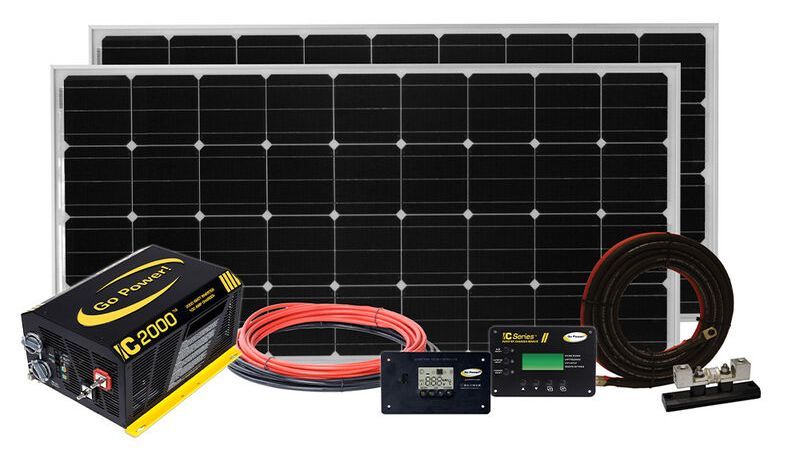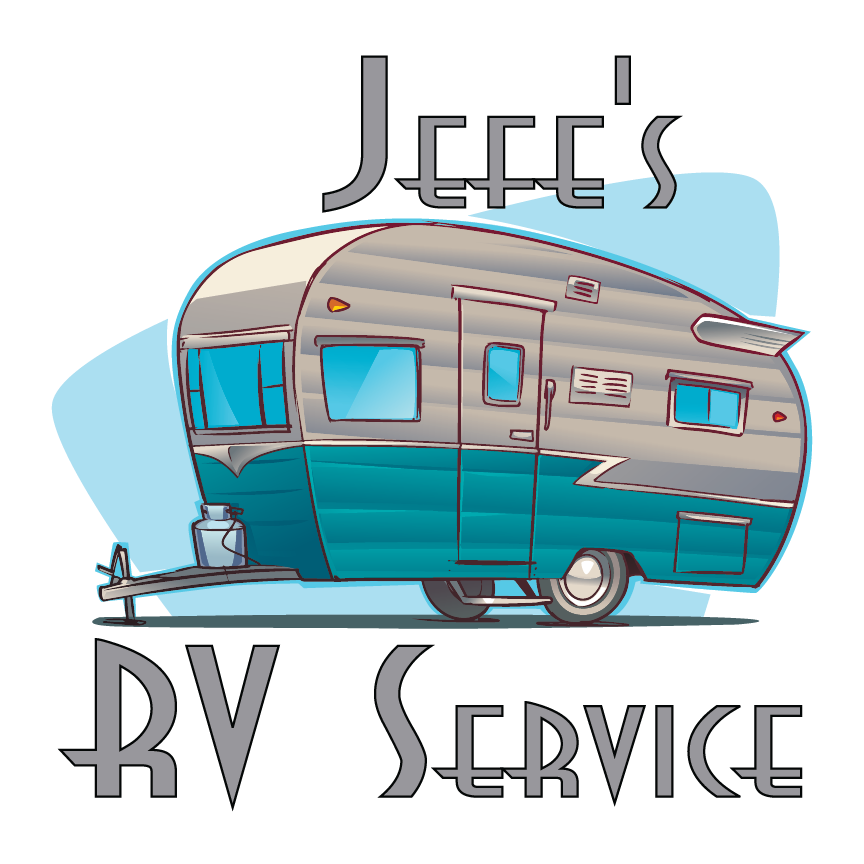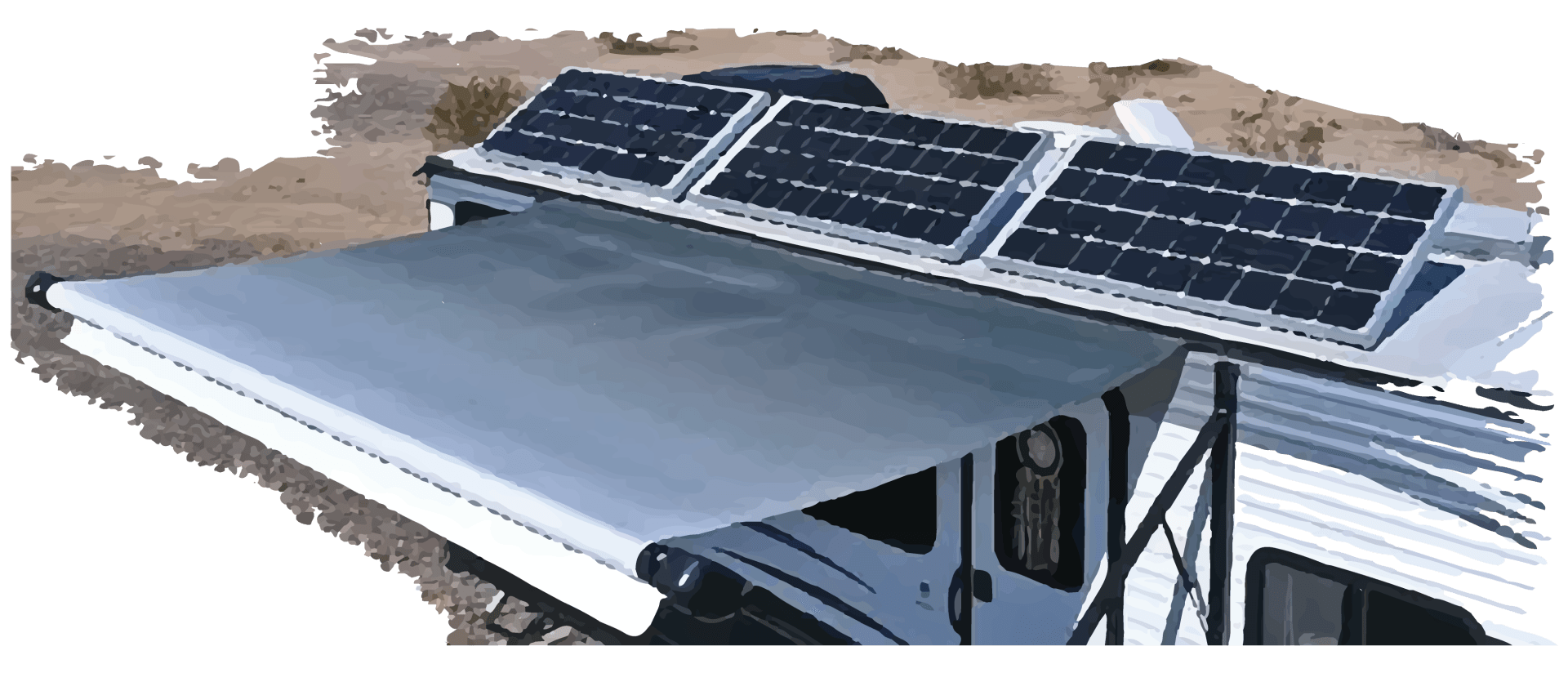RV Solar panel INSTALLATION
Installing a solar power system in your motorhome or RV can offer many benefits, making your travel experience more enjoyable and sustainable.
From saving money, to the flexibility of living entirely off grid, a solar power system for your RV is a great investment that pays for itself.

In fact, having solar power in your motorhome actually
SAVES YOU MORE MONEY THE MORE YOU USE IT!
Here are some advantages:
Energy Independence
With a solar power system, you can generate your own electricity, reducing reliance on external power sources. This is particularly useful when camping in remote areas where traditional power hookups may not be available.
Cost Savings
While the initial investment for a solar power system can be significant, it can result in long-term cost savings. You won't need to rely on expensive campground electricity or generators, and you may even qualify for tax incentives or rebates, depending on your location.
Environmental Impact
Solar power is a clean and renewable energy source, producing electricity without emitting harmful pollutants. By using solar energy for your motorhome or RV, you contribute to reducing your carbon footprint and minimizing environmental impact.
Quiet Operation
Unlike traditional generators, solar power systems operate silently. This can enhance your camping experience by avoiding the noise and fumes associated with generators, allowing you to enjoy the peaceful surroundings.
Extended Boondocking
Boondocking or dry camping refers to camping without external hookups. A solar power system enables you to extend your boondocking trips by providing a continuous and sustainable power source without the need for grid connections.
Low Maintenance
Solar panels are low maintenance. Periodic cleaning and routine checks are usually sufficient to keep the system running smoothly. This simplicity can be attractive for RV owners looking for hassle-free power solutions.
Increased Resale Value
Adding a solar power system to your RV can increase its resale value. Many environmentally conscious buyers are willing to pay a premium for an RV with a built-in solar power system.
Flexible Installation
Solar panels can be mounted on the roof of your RV, utilizing the available space efficiently. Portable solar panels are also an option, allowing you to park in the shade while placing the panels in a sunny location.
Quiet and Clean Power
Solar power is quiet, produces no emissions, and doesn't rely on fuel. This creates a more enjoyable camping experience without the noise and pollution associated with traditional generators.
Versatility
Solar power systems can be integrated with other power sources, such as generators or batteries, providing a versatile and reliable energy solution for different camping scenarios.
Before deciding to install a solar power system, it's essential to assess your energy needs, the available roof space, and your typical camping locations to ensure that a solar setup aligns with your requirements. Trust the experts at Jefe's RV Service to get your RV solar system installed correctly. Call now to schedule your appointment.

The components of a solar power system for a motorhome typically include solar panels, a charge controller, a battery bank, and an inverter. What do they do?
- Solar Panels: Solar panels are the primary component of a solar power system. They are responsible for converting sunlight into electricity. Solar panels come in various sizes and wattage ratings, so it's important to choose panels that will produce enough power to meet your energy needs.
- Charge Controller or Converter: A charge controller is used to regulate the amount of electricity flowing from the solar panels to the battery bank. It prevents the batteries from overcharging, which can damage them and reduce their lifespan.
- Battery Bank: The battery bank stores the electricity generated by the solar panels for later use. It's important to choose a battery bank that is large enough to store the amount of electricity needed to power your motorhome.
- Inverter: The inverter is responsible for converting the DC electricity stored in the battery bank into AC electricity that can be used to power your motorhome's appliances and electronics.
Installation of a solar power system for a motorhome usually involves mounting the solar panels on the roof of the motorhome, installing the charge controller and inverter near the battery bank, and connecting everything together using electrical wiring.
It's extremely important to follow the manufacturer's instructions and to make sure that the system is properly grounded to prevent electrical shock or fire hazards.
If you're not comfortable installing the system yourself, it's best to hire a professional to install a solar power system in your motorhome.
Click to call us today for more information about solar panels for your RV or fifth-wheel,
-OR-
Click here to Schedule Your Solar Installation Online
We install and replace solar systems for off-grid power in your motorhome.

